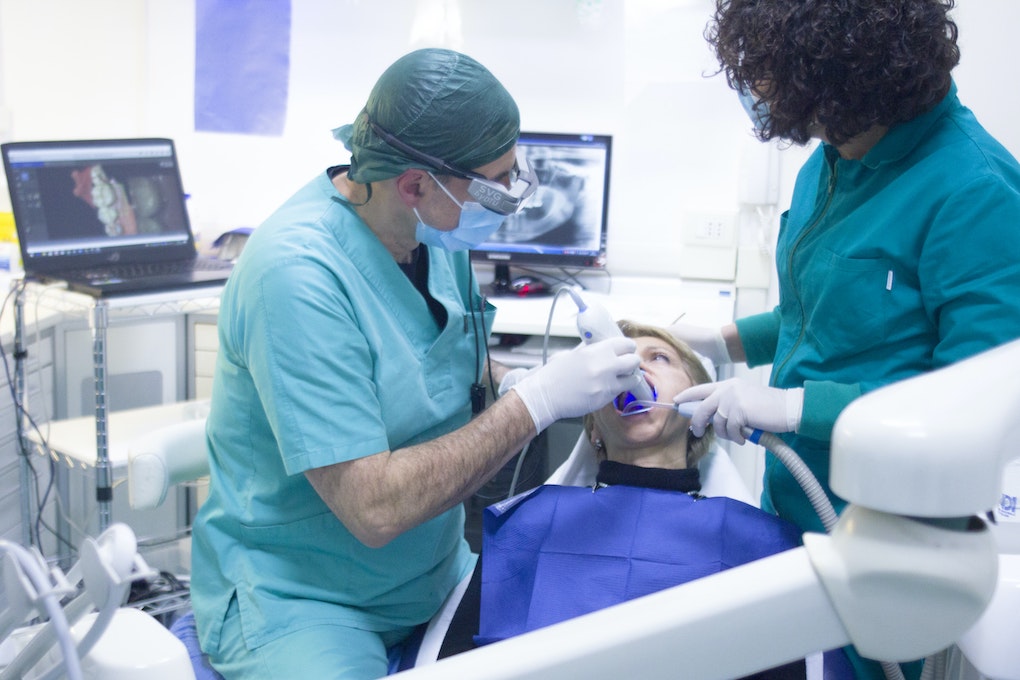
January 3, 2023
Should Your Dental Practice Hire a Hygiene Assistant?

If you are busy juggling clinical work alongside the managerial responsibilities of owning a dental practice, you are familiar with wearing many hats in your day-to-day work. The same can be said for your staff. Given the option, a hygienist will likely jump at the chance to have help with providing and enhancing comprehensive patient care, answering questions and improving communication. Here’s how hiring a hygiene assistant will help boost patients’ confidence in your dental office.
Why hire a hygiene assistant
There is such a problem as having a dental practice that is too busy — meaning your number of active patients (those who have visited the office in the last 18 months) is more than 2,500 or you are booked 80% of the time with a six-month advance. As part of a plan for a more manageable workload, rather than hiring another hygienist, a hygiene assistant can alleviate some of the workload so you can focus on your bottom line while opening the door to new patients.
What a hygiene assistant does
A dedicated hygiene assistant would increase total production and help with the hygiene flow. A fully trained hygiene assistant can work with patients to explain periodontal treatment, as well as answer questions about your treatment plans. Though dependent upon state regulations, a hygiene assistant can also encourage patients to accept recommended treatment, take impressions for whitening trays, take vital signs, apply fluoride, take routine digital or conventional radiographs, re-cement temporaries, and speed up the periodontal charting process, all in an effort to increase cross-referrals to the restorative side.
How to introduce a hygiene assistant
Any new position will require flexibility on behalf of the other staff members, as well as proper planning ahead. The dentist needs to be willing to share daily, weekly, monthly and annual production and financial numbers with hygienists in order to open the lines of communication about the financial impact of hygiene treatment on the bottom line. This will only help set clear expectations with the whole staff. These production goals can be shared at regular staff meetings, during which the hygiene assistant will attend.
How to hire a hygiene assistant
The first step to hiring a hygiene assistant is to encourage the hygienist to be part of the interview process since that person will be the one conducting the training and working most closely with this position. Possible candidates for an entry-level hygiene assistant include a chair-side dental assistant looking for a change, dental school students or recent graduates, or even hygienists who have recently moved into an area and are waiting for licensure or to pass the board exam. It’s also worth considering hiring an assistant who can rotate among different positions within an office based on scheduling demands.
How to compensate a hygiene assistant
Before getting candidates in the door, you’ll first want to consider if compensation will be based on hygiene production, total production or base pay plus incentives for certain procedures, such as whitening, fluoride or radiographs. The situation may be different within a dental service organization (DSO), but in any case, motivation may need to include financial rewards for meeting or exceeding production goals, as well as opportunities for continuing education for the position to grow. The hope is that the cost of hiring a hygiene assistant will be outweighed by the responsibilities the position can take on.
What’s next?
Hiring a hygiene assistant is just one of many ways to grow your dental practice. Contact the experts at Professional Transition Strategies to figure out the best path forward.